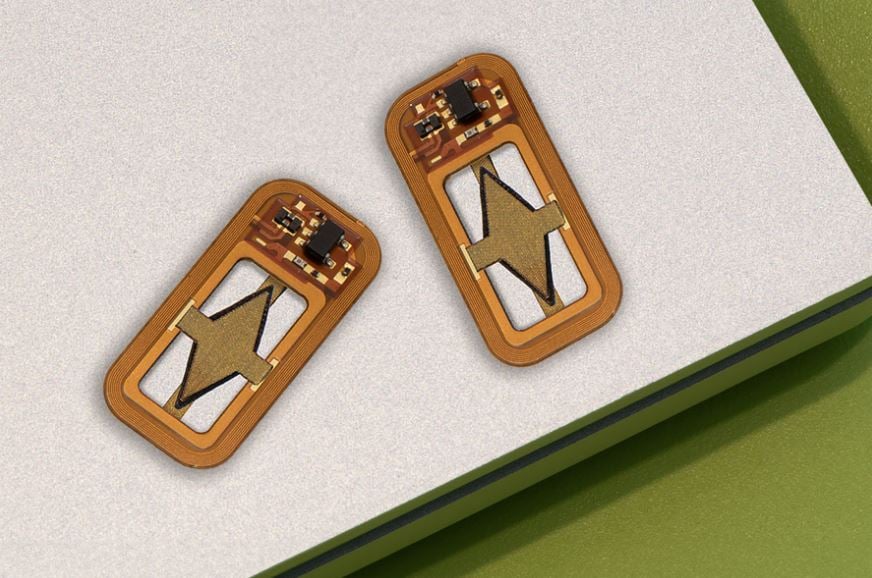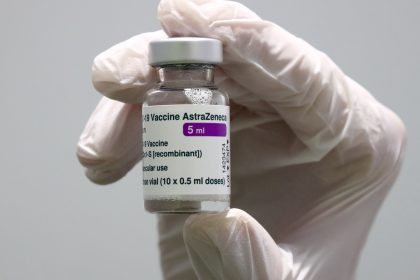Injection-Free Diabetes Control May Be Within Reach

CAMBRIDGE, Mass. — Researchers at the Massachusetts Institute of Technology have designed a new implantable device to help in the treatment of Type 1 diabetes.
One promising approach to treating Type 1 diabetes is implanting pancreatic islet cells that can produce insulin when needed, which can free patients from giving themselves frequent insulin injections. However, one major obstacle to this approach is that once the cells are implanted, they eventually run out of oxygen and stop producing insulin.
The MIT team’s unique approach could potentially generate oxygen indefinitely, by splitting water. This is done using a proton-exchange membrane — a technology originally deployed to generate hydrogen in fuel cells — located within the device. This membrane can split water vapor (found abundantly in the body) into hydrogen, which diffuses harmlessly away, and oxygen, which goes into a storage chamber that feeds the islet cells through a thin, oxygen-permeable membrane.
An advantage of this approach is that it does not require any wires or batteries. Splitting this water vapor requires a small voltage (about 2 volts), which is generated using a phenomenon known as resonant inductive coupling. A tuned magnetic coil located outside the body transmits power to a small, flexible antenna within the device, allowing for wireless power transfer. It does require an external coil, which the researchers anticipate could be worn as a patch on the patient’s skin.
After building their device, which is about the size of a U.S. quarter, the researchers tested it in diabetic mice. One group of mice received the device with the oxygen-generating, water-splitting membrane, while the other received a device that contained islet cells without any supplemental oxygen. The devices were implanted just under the skin in mice with fully functional immune systems.
The researchers showed this device could keep the mice’s blood glucose levels stable for at least a month. The researchers now hope to create a larger version of the device, about the size of a stick of chewing gum, that could eventually be tested in people with Type 1 diabetes.
“We’re excited by the progress so far, and we really are optimistic that this technology could end up helping patients,” said Daniel Anderson, a professor in MIT’s Department of Chemical Engineering, a member of MIT’s Koch Institute for Integrative Cancer Research and Institute for Medical Engineering and Science, and senior author of the study, in a press release.
While the researchers’ main focus is on diabetes treatment, they say that this kind of device could also be adapted to treat other diseases that require repeated delivery of therapeutic proteins. “The materials we’ve used are inherently stable and long-lived, so I think that kind of long-term operation is within the realm of possibility, and that’s what we’re working on,” said MIT research scientist Siddharth Krishnan, the lead author of the paper.
The research was funded by JDRF, the Leona M. and Harry B. Helmsley Charitable Trust, and the National Institute of Biomedical Imaging and Bioengineering at the National Institutes of Health.

























